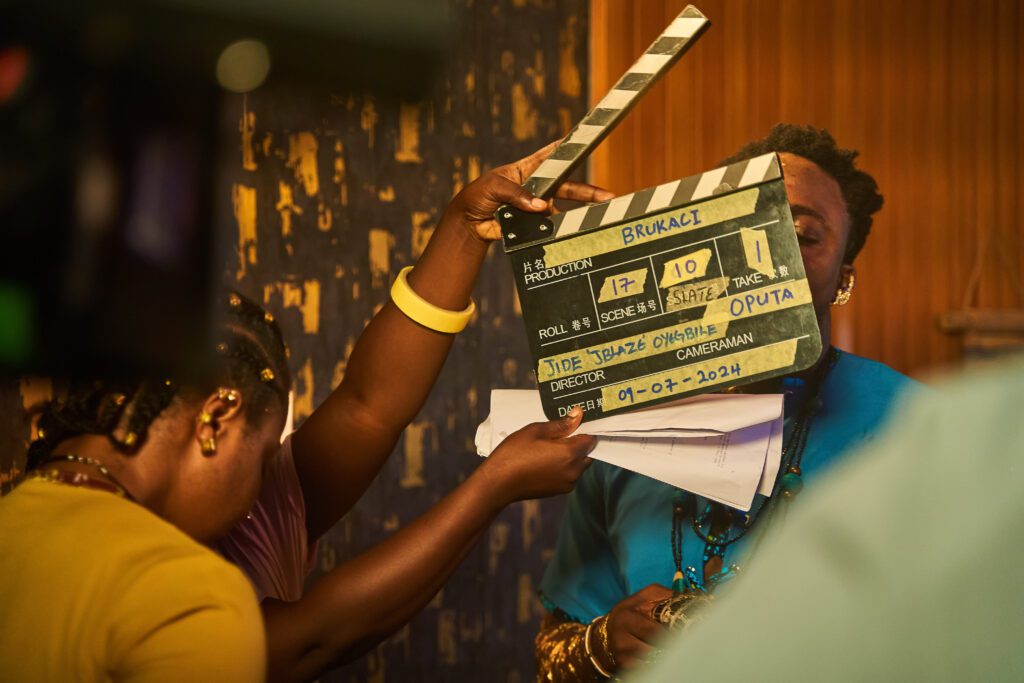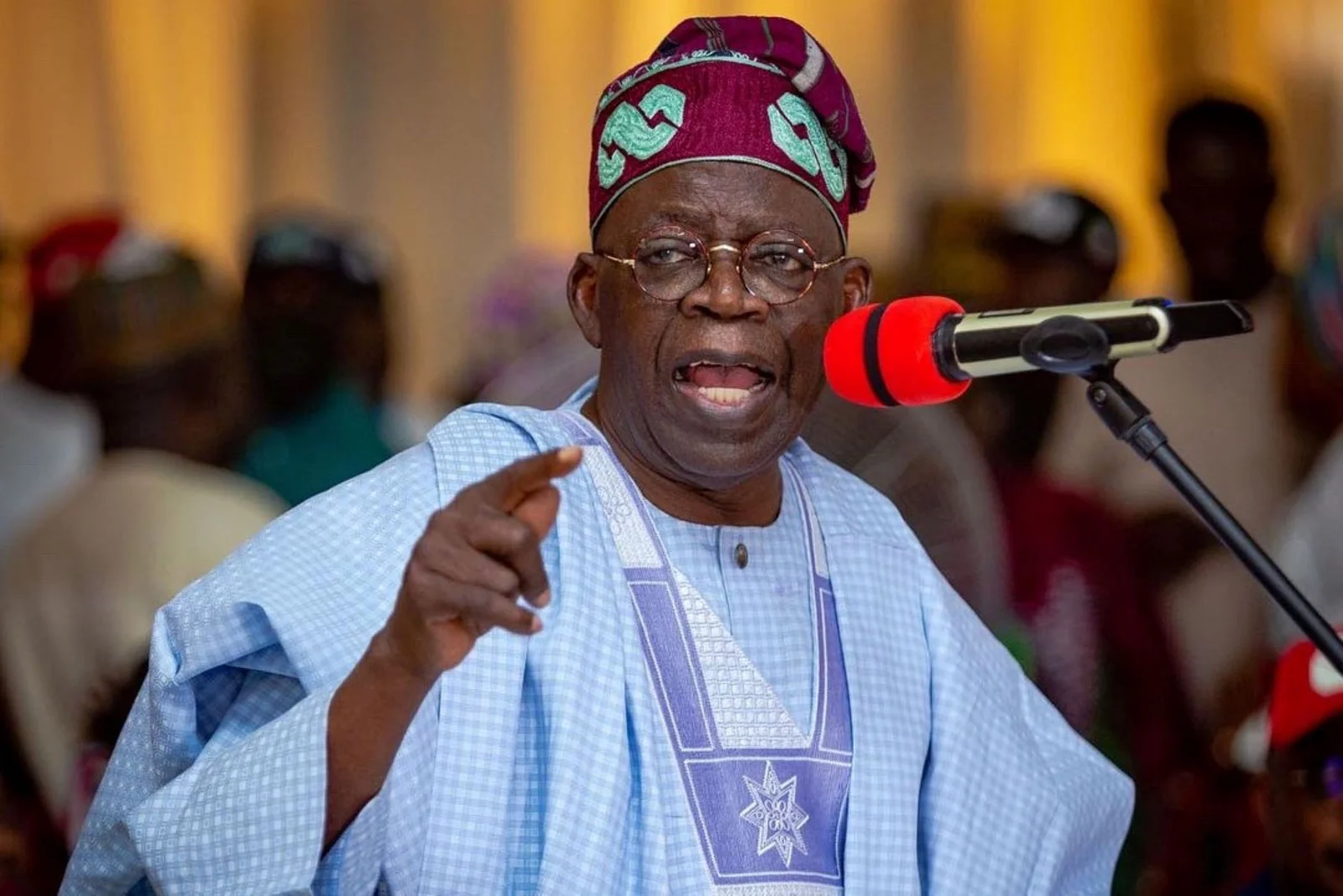YNaija sits with Olumide F. Makanjuola to discuss his journey as an activist in Nigeria that has been marked by pivotal moments that have not only defined his path but have also left an enduring impact on the lives he strives to uplift.
Makanjuola’s commitment extends far beyond rhetoric, encompassing a diverse range of initiatives aimed at promoting justice and equality in Nigeria. From advocating for accessible healthcare to challenging discrimination within the legal system, his work bridges the gap between social change, education, and the power of storytelling.
At the heart of his advocacy lies “Love Offers No Safety,” a profound testament to narratives that challenge stereotypes and reimagine societal norms. Through the art of storytelling, Makanjuola seeks to rewrite the narrative, advocating for a more inclusive society.
As we delve into this interview, we gain insight into the challenges, aspirations, and hopes of an advocate who envisions a Nigeria where respect, justice, and equality are extended to all, regardless of their background or identity. Join us as we explore the life and work of Olumide F. Makanjuola, an activist dedicated to building a more inclusive future for Nigeria.
Q: Your journey as an LGBTIQ activist in Nigeria is both inspiring and challenging. Can you share some pivotal moments or experiences that shaped your advocacy work?
Olumide: My activism journey has always had different moment and every one of those moment has played important aspect in my work and how I approach things. There are moments that were personal to me and there were those that happened in the line of my work. A few years ago, a younger queer person was thrown out of their home by their parent because they found out about their sexuality, and they refused to pay for their school fee. They were housed by another queer person while trying to figure out what to do. That friend had invited them to my former workplace, TIERs so that they could just meet people queer person without having to feel alone. I met them, we discussed, and it really broke my heart that a parent threw their own child out of their home because of their sexuality. No space for discussion, understanding or any form of emotional support that this person should have received from their family. That broke me very much and I remember paying for their school fee that period and supporting them with extra cash. By the way, I didn’t do this because I had so much money, I was just sad that a parent was okay throwing their own child out of their home because they are gay. It drives me crazy but also remind me why the work I and many other alike do is important because we must build a society where people will not be judged, thrown out of their home, or rejected because of their sexuality. Another moment is having to explain to people that I am queer because they think I am not. And this is because people have decided to box queer people into a certain imagination in their head. So, anybody who doesn’t fit that imagination, they struggle to accept. This has happened to me many times and for that, I decided that part of my own contribution is to tell stories that present the diversity of queer people but more importantly, telling stories that often will not make it to the big screen because they do not fit into the stereotype we have imagined.
Q: Your work extends beyond the written word, encompassing various forms of advocacy. Could you elaborate on some of the specific initiatives or projects you’ve been involved in to promote LGBTIQ rights in Nigeria?
Olumide: My work cuts across many areas, from sexual reproductive health and rights to human rights advocacy and education, storytelling, public advocacy but to mention a few. For example, there are days I am focusing on access to health, ensuring that we advocate for access to health for LGBTIQ persons. It’s shocking that many people don’t know that access to health for people who self-identify as LGBTIQ is complex, discriminatory, and sometime not accessible. When you visit a clinic, one of the things that the doctor or nurse expect of you is being honest about yourself so that they can have a great understanding, but it is hard because many doctors have prejudice even when they trynot to show this. And some time I am at the police station trying to get a queer person out because some random police officer in Ojuelegba thinks wearing a pink shirt and being effeminate is a crime or times when I am at the station because police collected a queer person phone and went into their private chat and from them, arrested them forchatting with a fellow man. There are days I am trying to expand the stories of my community, either through film, book or other forms of audiovisual. I have been across projects and initiatives and all of them does connect at the end. The center point of the work I do is creating a world where all of us can be free and be our authentic self without having to explain ourselves to ourselves and others. All of these works have been done in Nigeria and there are many we still need to do, and I am always glad that there are many voices who can fill the gap now.
Q: Your book, “Love Offers No Safety,” is a significant contribution to the LGBTIQnarrative in Nigeria. How do you see literature and storytelling as tools for advocacy and societal change?
Olumide: Storytelling is such an important part of the work we do, and we must do more of this kind of work. We are living in a society that is working so hard to erase LGBTIQ people existence. We are constantly having to explain to people why human beings are different but with the work we are doing today around expanding the stories of LGBTIQ persons, my hope is that the future generation wouldn’t have to do this, because there will be history marked in book, film, documentary, and other form of audiovisual and literaturethat LGBTIQ people exited and they were not western import as we are often referred to by lazy thinkers.
Stories makes the world smaller, and stories remains one of the ways we connect to each other. I can read a book or watch a film from Liberia or Senegal and connect to that story easily because stories reflect our society and when we read a book or watch a film, we are reminded about our own society, regardless of where that book or film comes from. Literature has such an important role to play in societal change on LGBTIQ issues. We must ensure that we tell real life stories of everyday queer people, and this is one of my goal. One of the things I love about Love Offers No Safety is how people can connect to the lived experience of many of the contributors. The stories are what every day Nigerians can connect with, especially how we navigate our relationship with our own family, society, and communities we live.
Q: As an advocate, what are your aspirations and hopes for the future of LGBTIQrights in Nigeria, and what steps do you believe are necessary to achieve them?
Olumide: I am hoping that in the next few years, I will not be asked this question and I will not have to explain because we would have achieved a society that respect all humans. A society where we protect all our citizens regardless of their sexuality or gender. A society where injustice is spoken against regardless of sexuality or gender. This is my hope for Nigeria, and I am certain this will happen regardless of the setbacks we might encounter. We are working to build a society that is inclusive of all.
I think we are already doing the things that are important and with time, we will achieve our desired goal of freedom, equity, and fairness. We must change all the laws that criminalize people based on their sexual orientation or gender identity. We must do this together with massive social change because even with change of law, human beingsremain human beings, and until we eradicate homophobia and all kind of phobia about sexuality and gender, our work is not done.












